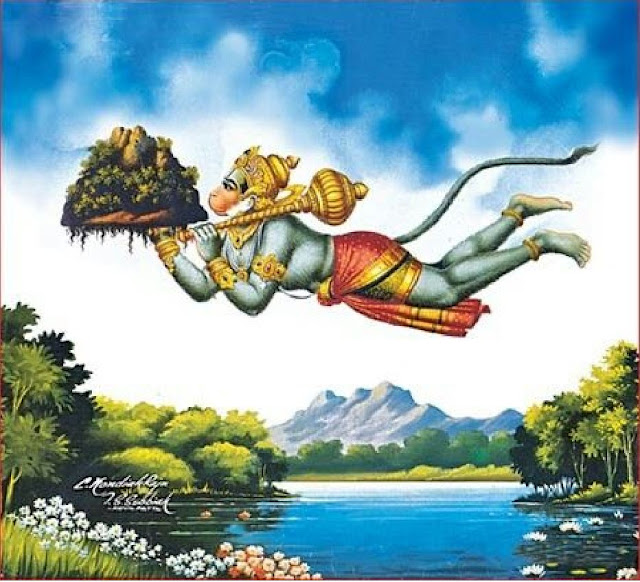JADURAM: THE FALL GUY OF A DEFECTIVE AUCKLAND COUNCIL
Thakur Ranjit Singh
As a senior alumni of the former National Minister, Steven Joyce at Massey University, and an MBA postgraduate student at Palmerston North campus in 1982, I consider myself more than qualified to comment on the governance issue of Auckland Council, dubious events at Watercare and questions on fiduciary duties of its Board.
As somebody who sat in boards of a Bank, Suva City Council and a Media organisation in Fiji, among others. I consider myself more than qualified to comment on this issue. With my past trade, commerce, industry and real-life experience, I was saddened to see fellow Fijian, CEO of Watercare, Raveen Jaduram being made a fall guy of a dysfunctional organisation, a questionable Board and poor leadership from Auckland Council.
Councillor Daniel Newman, who had worked at the Watercare praised its CEO Jaduram for a grand job he had done in the past. While the fall guy was primarily targeted for his huge salary, however the Mayor, Council CEO and the Board of Watercare are equally to blame for planning failures. Ultimately, CEO of Watercare is not accountable - the ball stops at the Mayor and the Chair of the Board.
As a migrant from a Third World Fiji who attended university in NZ in 1980s, I was perturbed at the lack of any academic teachings of my time in the current management of Auckland Council. Have good management theories of yesteryears gone obsolete now? Are overpaid and highly qualified officials and board members at Auckland Council and Watercare so blatantly clueless, incompetent and ignorant about good management practices in strategic management, forward planning and good perceptive governance?
Boards in Fiji required visionary short-term (current year) mid–term (5 years) and long-term (10 years) plans with proper brainstorming and assessment of exhaustive environmental factors. Among others, this included SWOT Analysis (Strengths, Weaknesses, Opportunities and Threats) for strategic planning. The fact that the big brains in Auckland’s main city failed these basics in management shames their universities and business schools for having alumni with questionable qualifications and aptitude for the respective positions. This applies to the Mayor, the Chairwoman and board members of Watercare and former CEO of Auckland Council who all revealed very wanting management and leadership skills and aptitude in letting down Watercare.
What is further disgraceful and appalling is the manner in which poor Kiwi Fiji Indian was thrown in front of a bus by the people who all deserved to go under the same bus themselves. The career and professional Chairwoman, Margaret Devlin and her Board owed a fiduciary duty of care to safeguard interests of Auckland ratepayers.
Together with the mayor and (former) CEO of Auckland Council, they all failed us. Were they sleeping on the job while Auckland drowned in a drought? I suggest the Chamber of Commerce, the Institute of Directors or the relevant organisation to audit the action, or lack of it, of the Board of Watercare, and its dereliction of its fiduciary duties. And business schools in Universities need to use this debacle at Watercare as a case study on how not to run such a crucial organisation.
In fact Councillor Newman very aptly described the Watercare Board:
"The board has been as active as an Easter Island statue. There has been a complete absence of energy and it's been left to the governing body of council to work with senior management within Watercare to fill the gap"
Did the Board and Auckland Council ask and seek the right and prudent questions and answers? Newman has also questioned the suitability of this Hamilton-based professional board chair who he claims had no interest in Auckland and sits on many other boards outside Auckland.
NZ Herald of Wednesday 19 August, 2020 reported that Chairwoman of Watercare, Margaret Devlin is paid $108,000 when the median of similar Chair of director’s fee is $60,000. It also reported that this professional board chair is also involved with some other ten or so organisations:
"As well as chairing Watercare, Devlin is a director of Waikato Regional Airport, MetService, IT Partners Group, Aurora Energy, independent chairwoman of Waikato District Council's audit and risk committee, chairwoman of Women in Infrastructure Network advisory board, councillor at Waikato University, deputy chairwoman of Wintec, chairwoman of Lyttelton Port Company, director of Infrastructure NZ and chairwoman of Hospice Waikato. Last month, the Tasman District Council appointed her to the board of Waimea Water."
Perhaps ratepayers of Auckland City need to ask the mayor how could a person involved with so many organisations with so many diverse interests be depended on to look after such a major City portfolio? And how could she do justice to this highly paid directorship with so many roles away from Auckland?
Aucklanders would be justified to seek immediate removal of the whole Watercare Board which could not now be trusted to provide prudent direction to the incoming CEO. They already failed us miserably.
In other civilised City Councils, the poor-performing Chairperson and the Board, with the CEO and the Mayor of Council would have lost their jobs.
Unfortunately, in a wanting culture at Auckland Council, a lesser CEO is made the fall guy of an organisation where the overseers were all sleeping on the job while the dams ran dry.
[Thakur Ranjit Singh is a media commentator, a journalist and community worker. He runs his blog FIJI PUNDIT. E-mail:thakurjifj@gmail.com]













